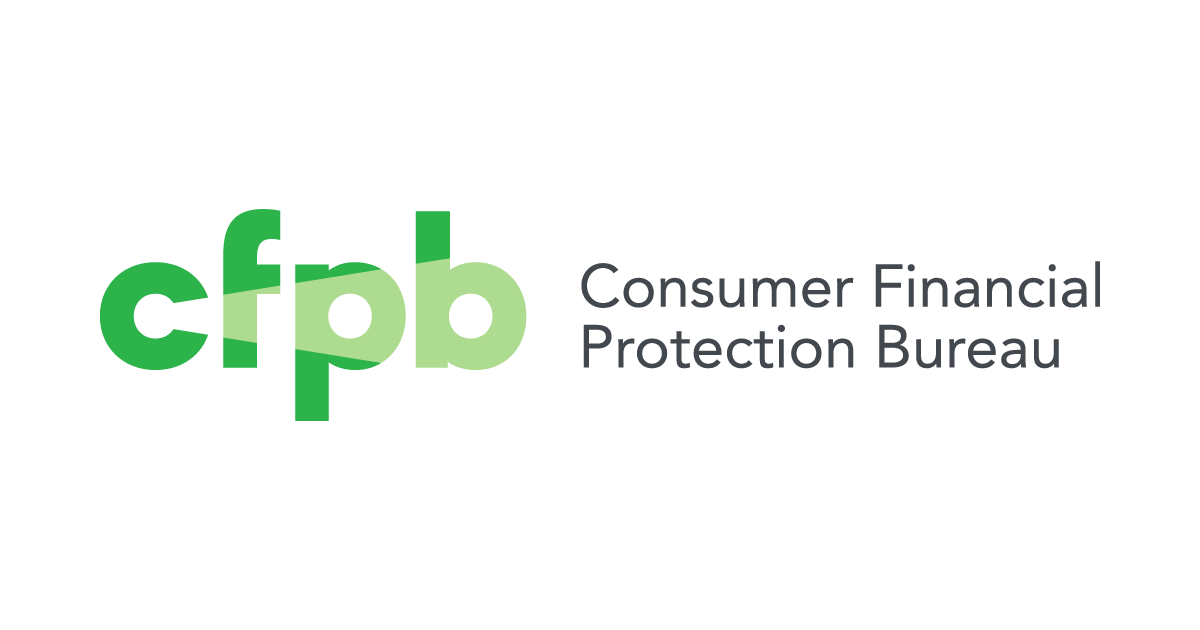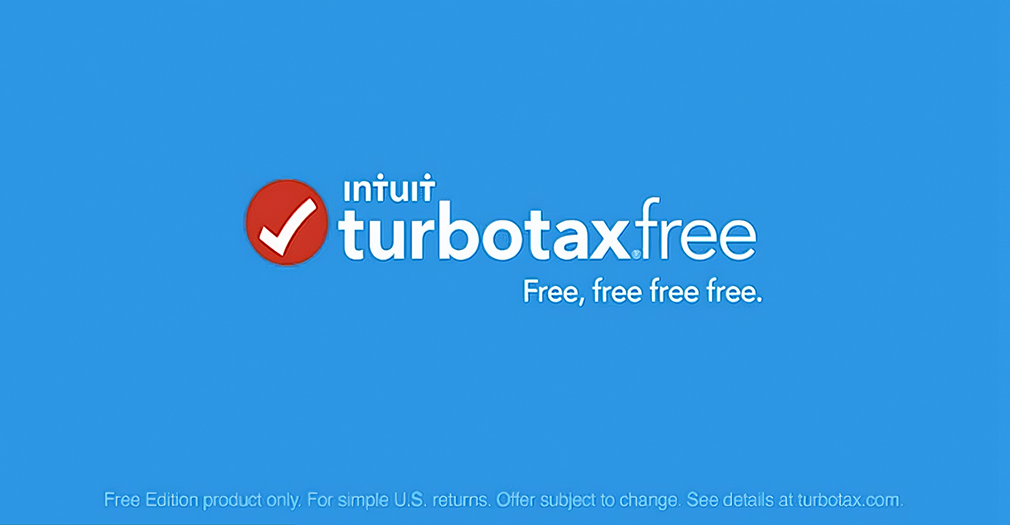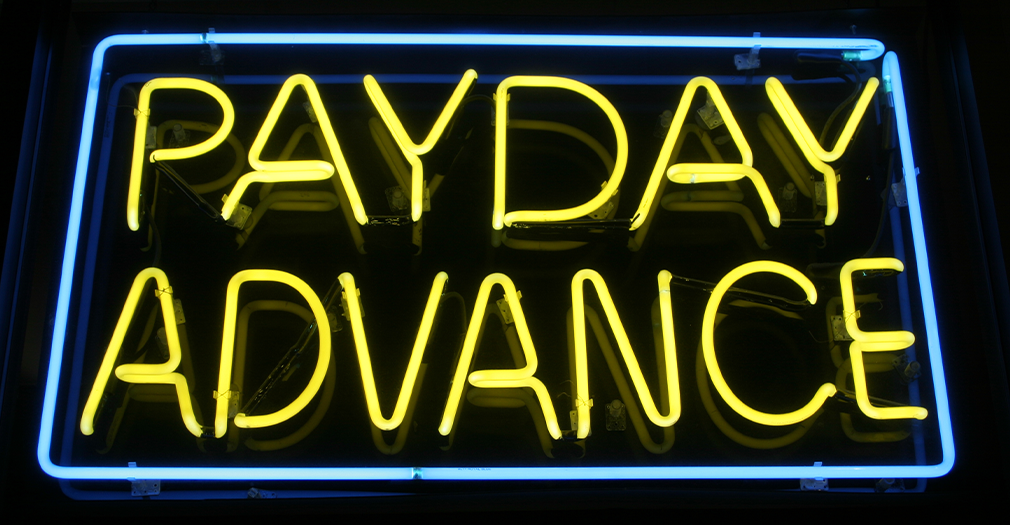
TINA.org Joins Over 300 Orgs. in Letter Urging Congress to Support Financial Watchdog
Legislators should protect the work of the Consumer Financial Protection Bureau.
Intuit should not advertise TurboTax Free Edition without making clear that most people cannot use it.
| Eliza Duggan
When the stress of Tax Day comes, many of us are looking for an easy way to get our taxes done. Capitalizing on this need, Intuit advertised its TurboTax Free Edition as “Free, free free free.” The problem is the Free Edition was – and still is – only available to about a third of tax filers, a fact that was not made clear in the marketing. So when tax filers attempted to use the purported “free” tax service, many were directed to the paid version of the software – but only after they had spent time and energy inputting their sensitive personal and financial information.
In an effort to put a stop to these deceptive practices, the FTC sued Intuit and in January ordered the tax prep company to stop advertising TurboTax services as free unless it made clear and conspicuous how many U.S. taxpayers qualify for the free version. Intuit appealed the order to the Fifth Circuit Court of Appeals.
On Friday, TINA.org, along with the Berkeley Law Center for Consumer Law & Economic Justice, Consumer Action, Consumer Federation of America, National Association of Consumer Advocates and Harvard Law Professor Rebecca Tushnet, filed an amici curiae (or “friend of the court”) brief in support of the FTC, and urging the court to reject Intuit’s petition for review.
In defense of its marketing, Intuit is arguing that its ads saying the product is free (over and over again) weren’t misleading because the ads were “literally true” – no one could pay for TurboTax Free Edition. But there’s a problem with this argument. As we’ve explained before, advertising can be literally true and still be deceptive. Here, Intuit’s ads were lopsided: they highlighted the “free” aspect of the product while seriously downplaying the significant limitations of the offer, like the fact that only a minority of consumers with so-called “simple” tax returns were eligible for a free tax filing. Some ads didn’t disclose who was eligible at all, while others relegated eligibility information to fine print (which we all know people rarely read) or directed people to the website to find out more (which doesn’t save the marketing). While some ads put the “simple” qualifier upfront, even if consumers heard or read that the Free Edition was only for “simple” tax returns, what does a “simple” tax return even mean? Not only is the term ambiguous, Intuit itself changed its own definition of that term four times between 2016 to 2021.
Intuit also argued that reasonable consumers were not misled by its lack of transparency as to who could or could not use its free service because relatively few consumers complained about the marketing. Putting aside the fact that consumers who have fallen victim to deception generally do not complain publicly, many consumers actually did complain about Intuit and those complaints show they were confused and upset by having to pay for a product that they thought would be free for them.
As TINA.org and our fellow amici argued to the Fifth Circuit, it’s clear that Intuit’s bait-and-switch campaign deceived – and harmed – consumers. And we sincerely hope the Fifth Circuit agrees and rejects Intuit’s petition for review.
Stay tuned for more updates on the FTC’s case against Intuit’s marketing of TurboTax Free Edition. TINA.org’s brief is available to read here.
Legislators should protect the work of the Consumer Financial Protection Bureau.
Companies should not be able to trap consumers into subscriptions that they do not want.
TINA.org joins coalition of consumer organizations in support of the proposed rule


